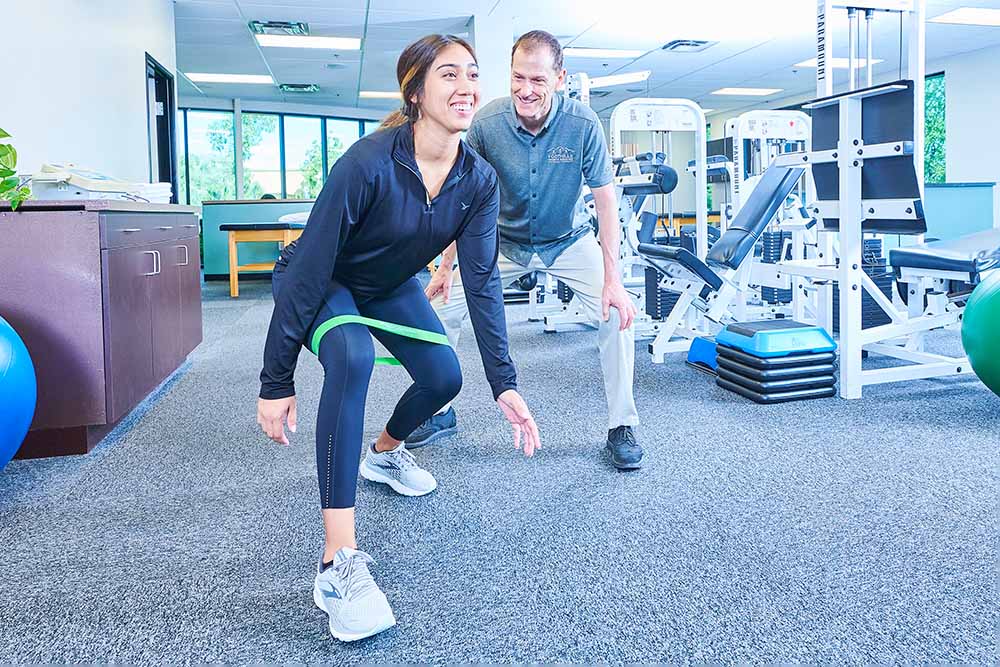In the world of sports, fitness, and gym training, athletes often push themselves to the limit, whether it is preparing for a big game, perfecting a workout routine, or trying to meet personal performance goals. This drive can sometimes lead to burnout both physically and mentally. Burnout is more than just exhaustion; it is a state of prolonged stress that depletes an athlete’s energy, motivation, and passion. It can negatively impact not only performance but also long-term health. Fortunately, sports therapy offers a valuable solution to help athletes move past burnout and get back on track, one game at a time. Sports therapy focuses on the treatment and prevention of injuries, but its scope goes far beyond just physical recovery. One of the most important aspects of sports therapy is addressing the mental and emotional challenges that athletes face. Burnout, especially in the high-intensity environments of sports, gym training, or fitness regimens, can feel like an overwhelming obstacle. It is not uncommon for athletes to push through pain, fatigue, or lack of motivation, which can ultimately hinder their progress or worsen existing injuries.

A holistic approach to recovery is crucial. Sports therapists can provide a comprehensive treatment plan that includes techniques like massage therapy, stretching exercises, and active recovery protocols. These therapies help improve circulation, reduce muscle tension, and promote healing. However, addressing Burnout herstel door beweging also involves a careful look at nutrition, rest, and mental health. Proper nutrition plays a vital role in supporting recovery and fueling the body for future workouts or games. A well-balanced diet rich in essential vitamins, minerals, and macronutrients helps to replenish energy stores, promote muscle repair, and boost overall vitality. In addition to physical recovery, sports therapists can guide athletes in incorporating stress management and relaxation techniques. Whether it is through mindfulness, meditation, or breathing exercises, these practices can significantly reduce the mental toll of burnout.
Rest and sleep are equally important, allowing the body to repair and rebuild for the next challenge. Even the most seasoned athletes must recognize that consistent rest is key to sustaining long-term success and avoiding physical and mental exhaustion. In fitness and gym environments, burnout can also result from unrealistic expectations or lack of variety in training routines. A therapist or coach can provide fresh perspectives, adjusting routines to prevent plateauing and ensure that the athlete’s physical and mental health is maintained. Whether an athlete is returning from injury, recovering from fatigue, or simply trying to optimize performance, sports therapy emphasizes the importance of balance combining exercise, nutrition, rest, and mental well-being to help athletes thrive and move past burnout. By making small but strategic changes, athletes can rediscover their passion and enjoy the game they love without sacrificing their health.